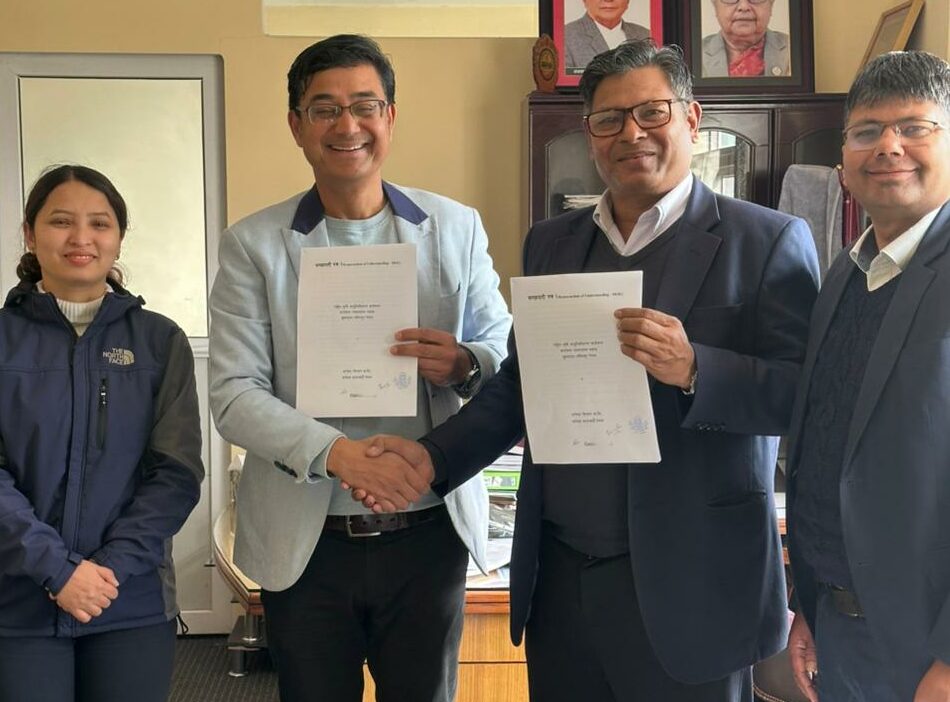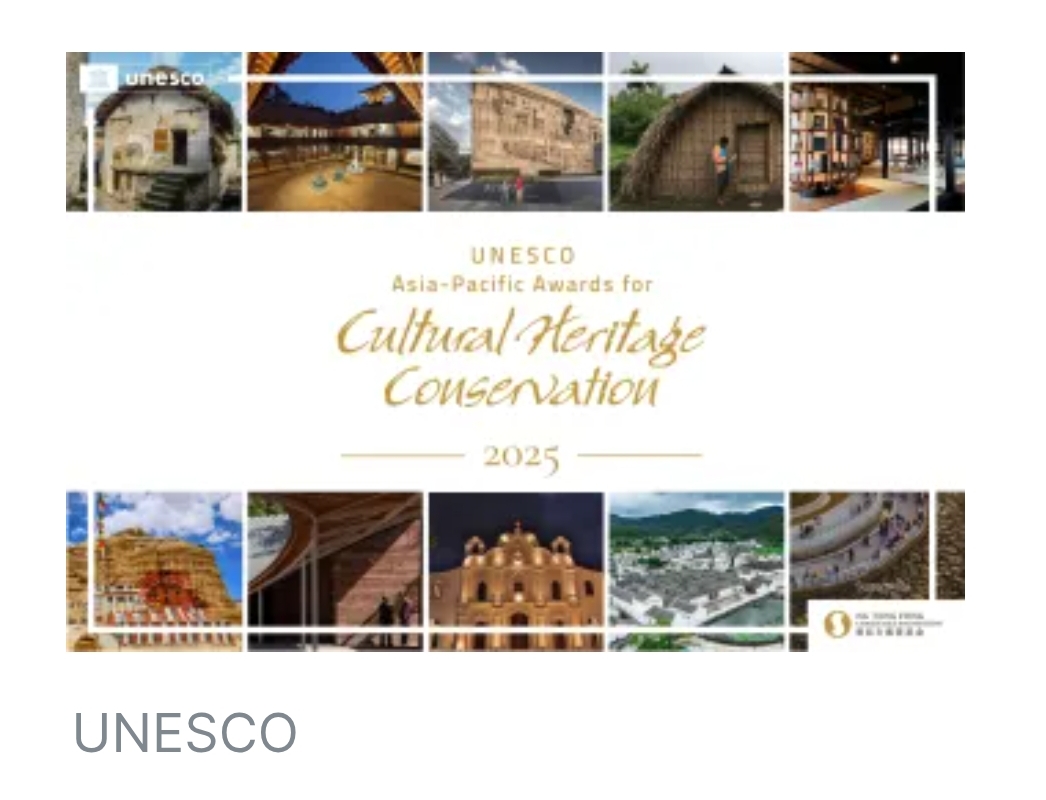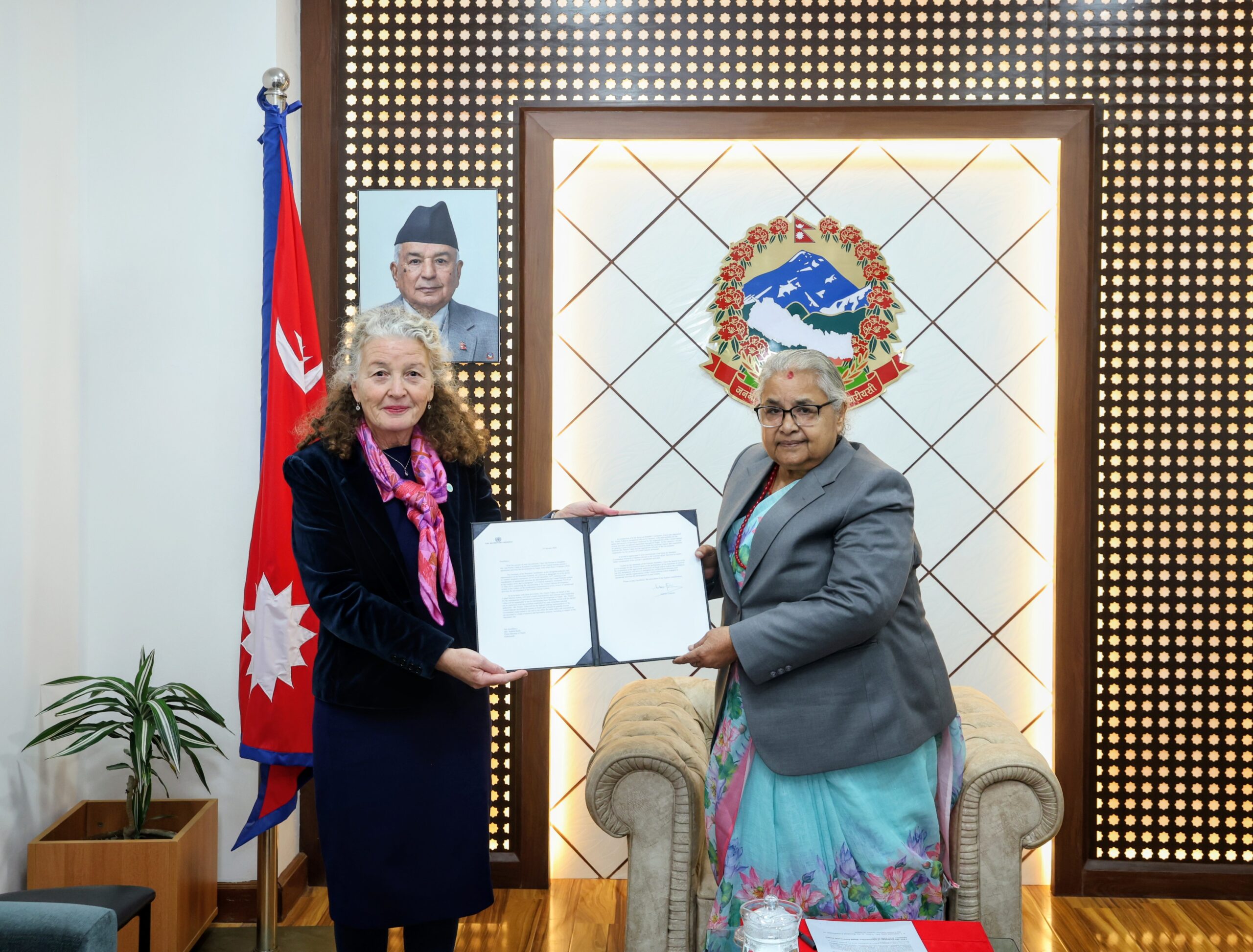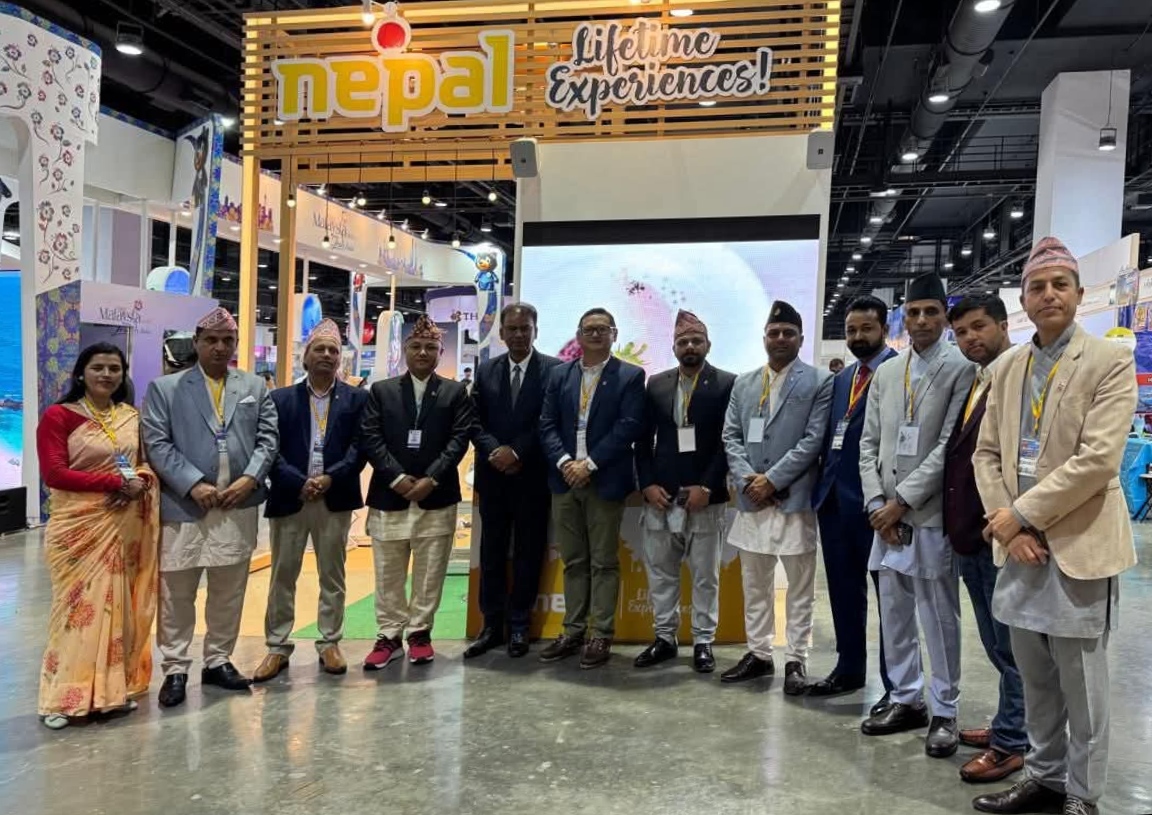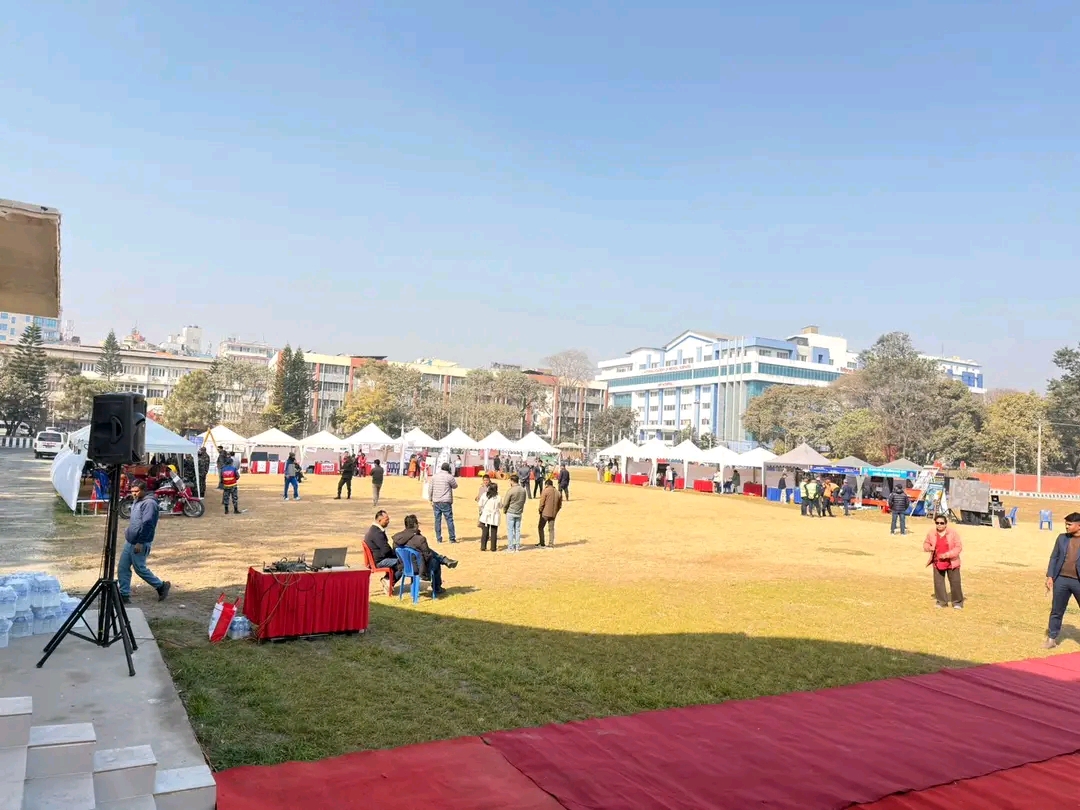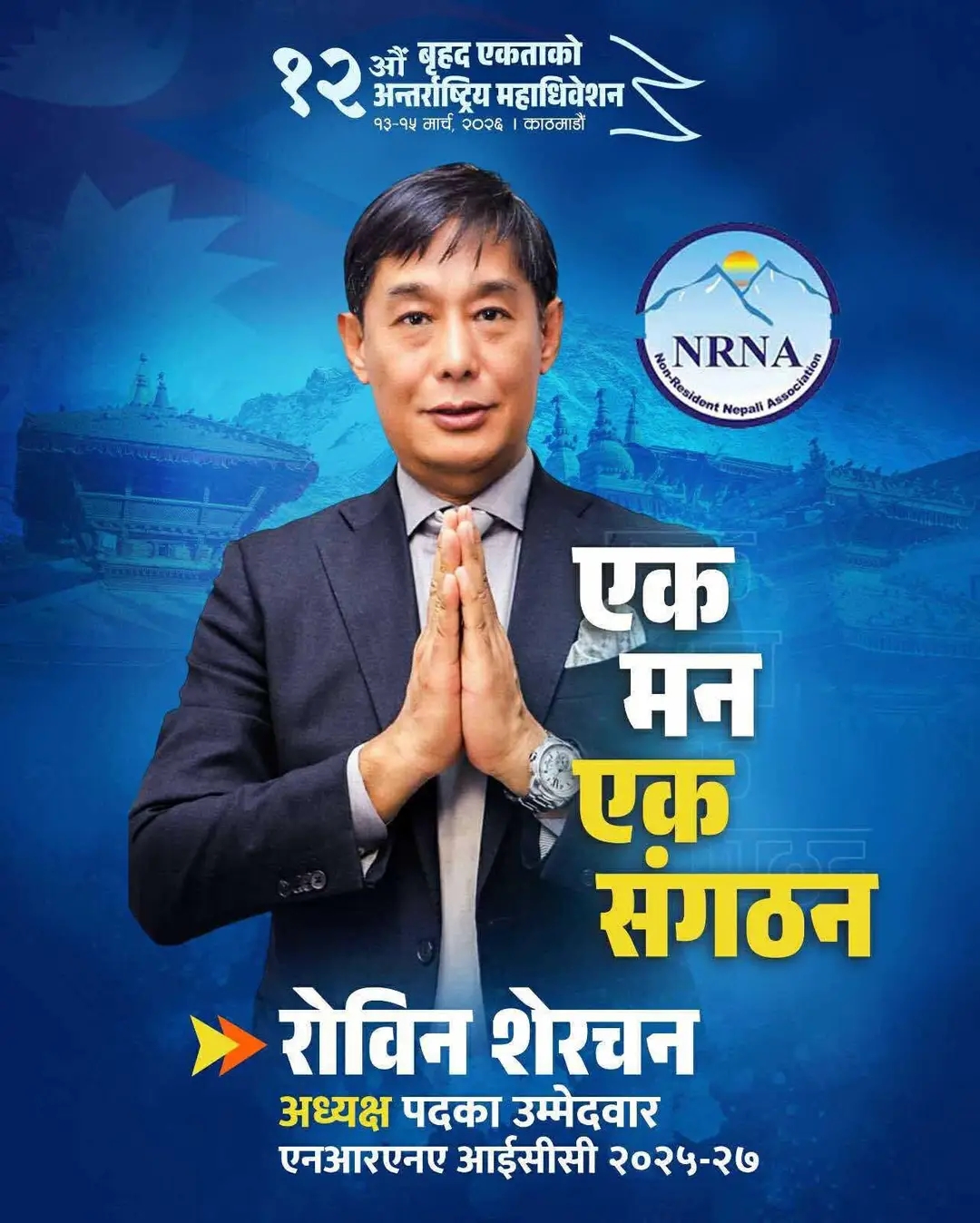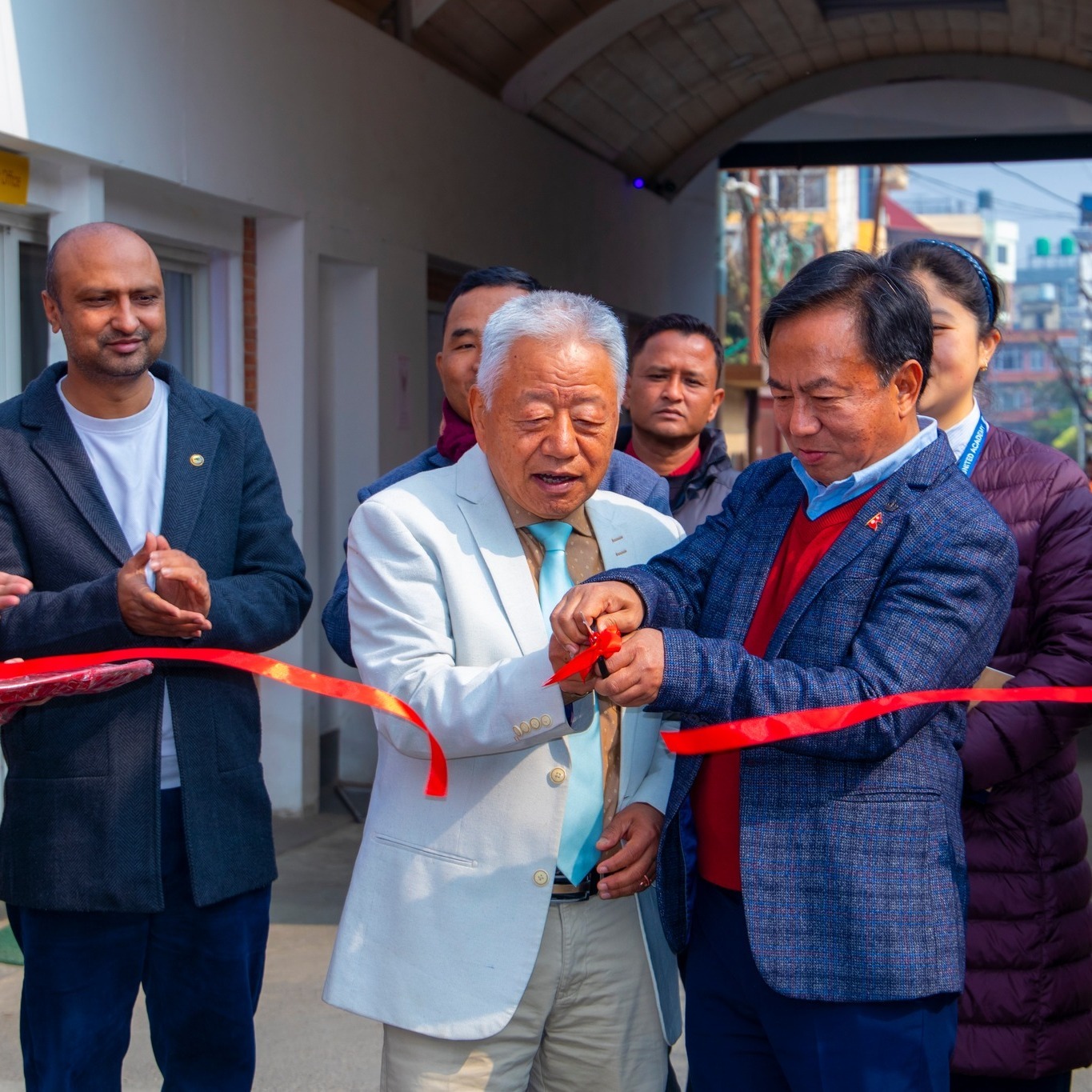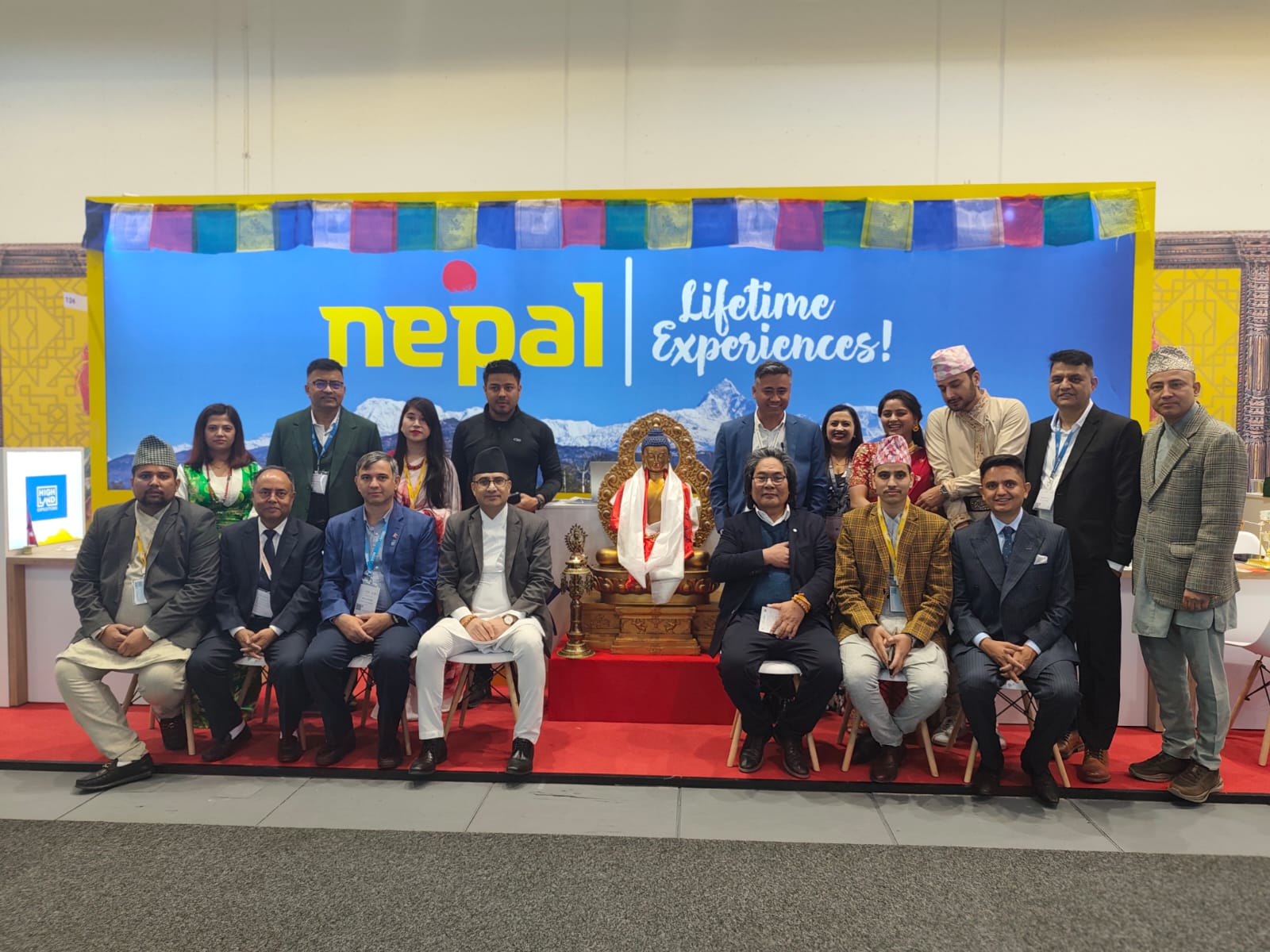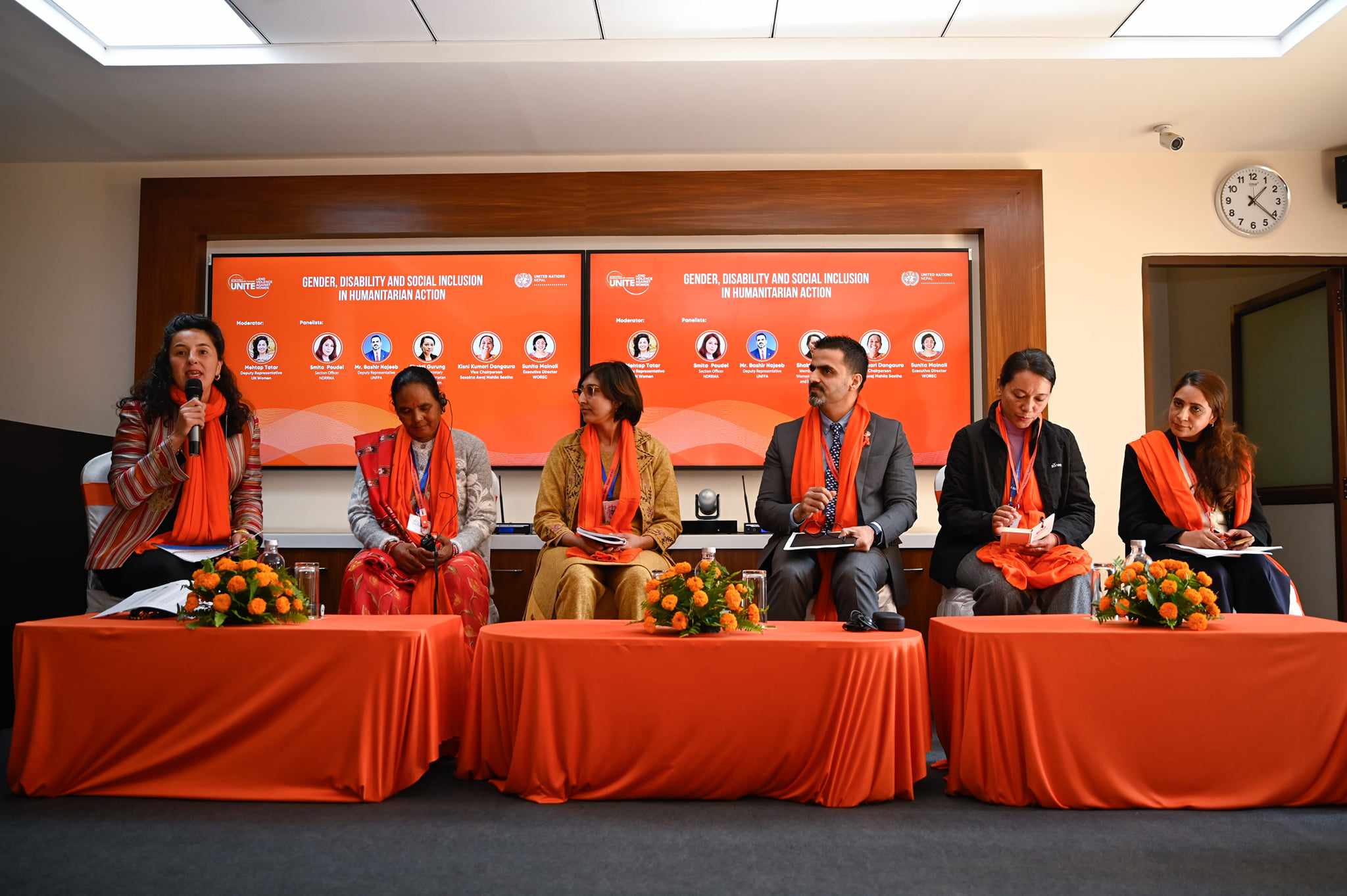
Kathmandu, Nepal, 25 November – The United Nations in Nepal today inaugurated the 16 Days of Activism against Gender-Based Violence (GBV) campaign with a resounding call to action: to mainstream Gender Equality, Disability, and Social Inclusion in Humanitarian Action.
Nepal’s recurring disasters expose deeply entrenched gender inequities, leaving women and girls disproportionately vulnerable. The risks of violence escalate in overcrowded shelters, while essential services remain out of reach for many, particularly those with disabilities. Women, already bearing the weight of unpaid care work, are often excluded from decision-making processes that shape recovery efforts, further marginalizing their voices in times of crisis.
Speaking at the event, the UN Resident Coordinator Ms. Hanaa Singer Hamdy, said “Nepal’s geography and socioeconomic challenges make it uniquely vulnerable to recurring disasters. The impacts, however, are not gender neutral. To prevent Violence against women in humanitarian crisis we need to empower women and girls in humanitarian responses, design inclusive, gender-responsive humanitarian interventions, and end impunity and hold perpetrators accountable.”
The 16 Days launch featured an interactive dialogue titled “UNiTe to End Violence Against Women: Gender Equality, Disability, and Social Inclusion in Humanitarian Action.” Leaders from the Government of Nepal, humanitarian clusters, development partners, and women-led organizations discussed the disproportionate impacts of disasters on women and girls and highlighted the crucial role of women-led organizations to overcome these challenges and drive inclusive, community-centered solutions.
The chief executive of NDRRMA, Mr. Anil Pokhrel said, “We need to localize the GEDSI Strategy Action Plan, which allows us to translate the concepts of GEDSI into disaster risk reduction and management. By localizing the strategy at the provincial-local level, we will be able to bring a tangible change in the lives of people but more for women, girls, and persons with disabilities among others.”
As the campaign unfolds, the United Nations in Nepal calls on all stakeholders to prioritize gender, disability, and social inclusion in every aspect of disaster preparedness and response and ensure humanitarian efforts uphold the dignity and rights of all individuals, regardless of gender, ability, or status.




